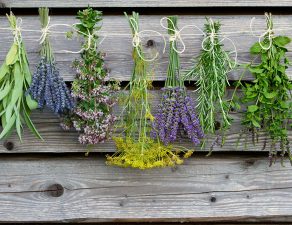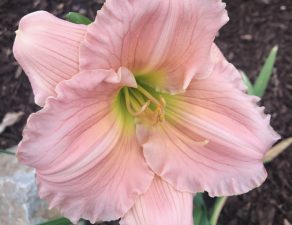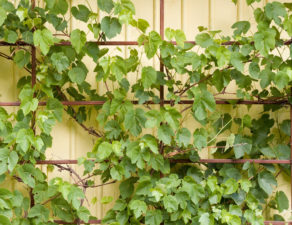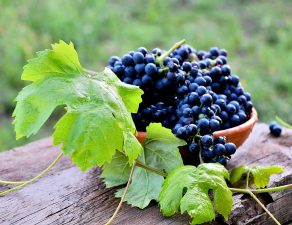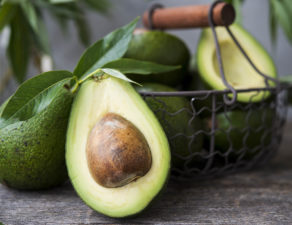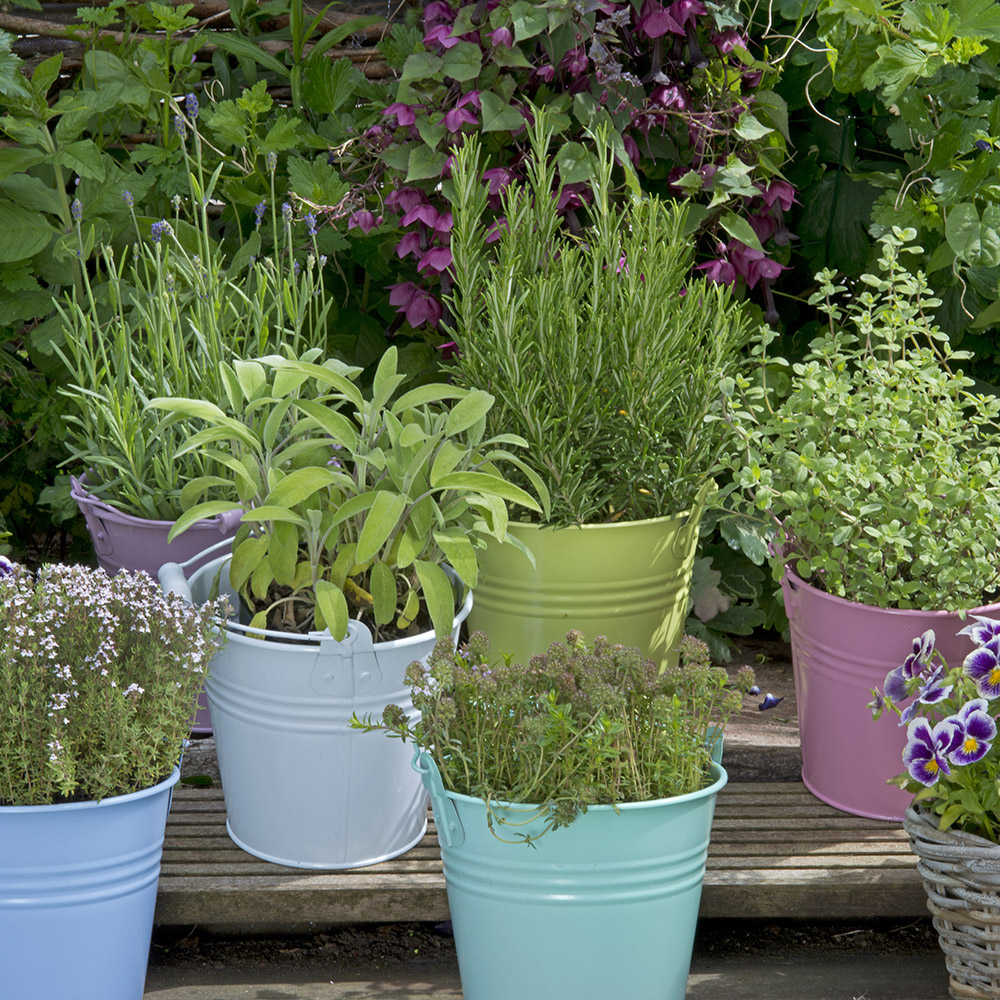
You enjoy the lush beauty of your garden throughout spring and summer, and you might reap a few meals from your vegetable plants, too. But many plants have a purpose beyond providing decorative flowers and food crops. Use these plants in your garden, and you can support your health, repel pests, and more.
Aloe. If you’ve ever had a sunburn, you might have used aloe lotion from the store. But did you know the raw gel from an aloe plant is actually much better for your skin? Simply pinch off a small part of your aloe plant, apply the gel, and burns will heal much more quickly.
Ginger. Ginger adds delicious flavor to curry dishes, but it also carries numerous health benefits. Grating the root into food or drink can soothe nausea (especially morning sickness during pregnancy). It can also help to fight the common cold, improve symptoms associated with osteoporosis, reduce the risk of heart disease, and lower cholesterol levels.
Lavender. Use dried lavender in sachets to calm anxiety, relieve headaches, and help you sleep better. Lavender oil can also treat skin blemishes, prevent fungal growth, relieve menopausal hot flashes, and much more.
Basil. Aside from being delicious in salads and Italian dishes, basil can help to lower blood pressure, manage blood sugar, improve blood flow, and help to heal inflammatory bowel conditions.
Rosemary. This herb contains antioxidants which can help to combat free radicals in your body and lower inflammation. It also works as a cognitive stimulant, improving your attention and memory.
Chamomile. If you’re struggling with sleep, make yourself a nice warm cup of chamomile tea. Chamomile can also treat cold symptoms, reduce menstrual pain, lower inflammation in the body, and help to manage blood sugar.
Thyme. Thyme looks like an inconsequential little flavoring when you sprinkle it in food. But it contains numerous nutrients like vitamin A, vitamin C, copper, fiber, iron, and manganese. Some studies have shown that thyme tincture works better on acne than store-bought products. Thyme oil also works as a cough remedy, can fight mold in your home, repels many pests such as rats, and boosts immunity.
Mint. If you struggle with various digestive complaints, mint can become a powerful weapon in your natural medicine cabinet. It can also help with stress, bad breath, and cold symptoms.
Turmeric and curcumin. Turmeric and curcumin are some of the most powerful anti-inflammatory compounds in nature. Include these in your diet to fight a wide range of inflammation-linked diseases, along with boosting brain function.
Sage. Sage is rich in several nutrients, and the tea may contain anti-cancer properties. And of course, burning sage can rid your home of nasty smells, and some say it carries spiritual properties as well.
When using any of the above plants, remember preparation is key. Do your research, and use oils, tinctures, or teas according to your specific needs. And of course, discuss symptoms and your use of herbs with your physician. In certain situations herbal preparations can interfere with a few different prescription medications, so your doctor should be aware of any regular use of these remedies.
To learn more about incorporating an herb garden into your existing landscape, call us for advice geared to your situation.

